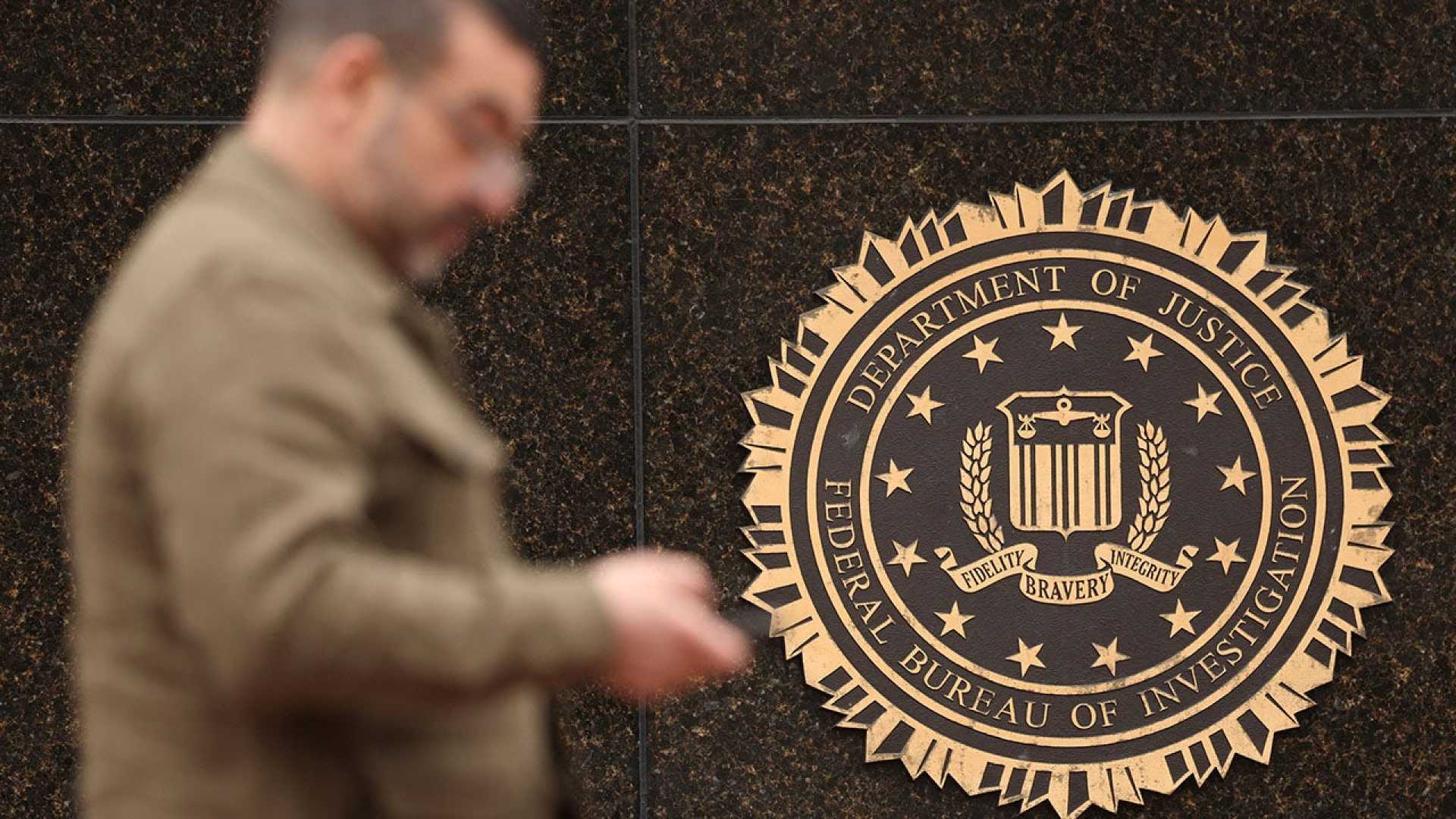News
U.S. Justice Department Details FBI Agent Targeted by Sinaloa Cartel Hacker

MÉXICO CITY, Mexico — The U.S. Department of Justice revealed on Friday that a hacker working for the Sinaloa Cartel accessed the information of an FBI agent’s phone and the surveillance system in Mexico City to track and assassinate informants in 2018.
The report states the hacker was linked to the cartel led by Joaquín ‘El Chapo’ Guzmán, who was extradited to the U.S. in 2017. The document indicates the hacker identified an FBI legal attaché at the U.S. embassy in Mexico City, gaining access to call logs and geolocation data from the agent’s device.
Furthermore, the hacker utilized the city’s camera system to surveil the official across Mexico City, identifying individuals with whom the agent met. The report suggests this information was used to intimidate and, in some instances, murder potential sources or witnesses collaborating with federal authorities.
The names of the hacker, the FBI agent, and the victims were not disclosed in the report. The incident was highlighted in a General Inspector audit discussing the FBI’s efforts to address issues arising from “ubiquitous technical surveillance,” a term describing the global spread of cameras and data trading.
No comment has been made by the State or Justice Departments, nor has the FBI responded to inquiries. The report emphasizes that recent technological advancements have made it easier for less sophisticated nations and criminal enterprises to identify and exploit vulnerabilities in global surveillance systems.
During a hearing earlier this week, Matthew W. Allen, a special agent with the Drug Enforcement Administration (DEA), indicated that members of the Jalisco New Generation Cartel (CJNG) have retaliated against informants’ families in related cases. He noted they have evidence showing cartel members spying on anti-drug unit agents in the U.S.
Allen described the CJNG as posing a significant threat to national security, highlighting their willingness to commit violence against families of informants. He remarked that these actions are not merely criminal but imply an element of terrorism.
The report sheds light on the ongoing risks posed by cartel capabilities to harm informants and the broader implications for law enforcement’s reliance on confidentiality.












